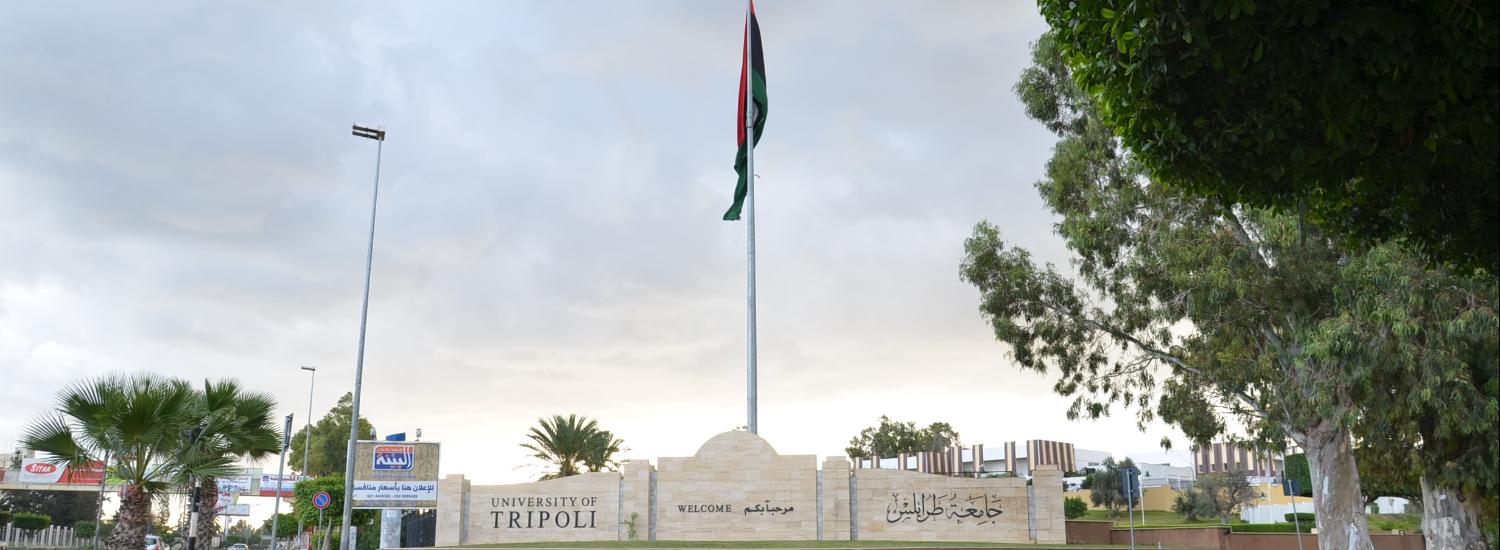Phyto-pharmaceuticals and biological study on graviola (Annona muricata L.) fruit and dietary supplement of graviola sold on the Libyan market as a cancer cure against TCA induce hepatotoxicity in mice
Annona muricata (Graviola) has many medicinal properties and used widely in traditional medicine for treatment various disorders. The present study was conducted to evaluate phytochemical and quality control (QC) of random sample of graviola dietary supplement capsules (DS) which sold in the Libyan market as anticancer product. As well as the present work designed to evaluate heatoprotective effects of aqueous extract of graviola fruit pulp or aqueous DS of graviola capsules against trichloroacetic acid (TCA) induced hepatotoxicity in albino mice. Quality control parameters were determined on random samples of graviola DS using standard methods. A total of 120 female mice were divided into 6 groups and were used for biological screening to determine biochemical and histopathological alteration in liver of mice treated with TCA with or without aqueous extract of A.muricata fruit pulp or DS of graviola. The results of quality control and phytochemical screening revealed that all quality control tests conducted on the random sample of DS capsules of graviola were within normal values according to the standards of the Quality Control Center for Pharmaceuticals in Tripoli, only few samples showed slight increase in the moisture content. However, all samples appeared free from microbial contamination. While, growth of fungal contamination (Pencillium Spp) in the same samples were detected but all samples appeared free from aflatoxins contamination. Also, all samples were free from industrial radioactive contamination. Phytochemical study revealed presence of alkaloids, tannins, steroids, glycosides, falvonoids, anthraquinones, saponin and coumarins in extracts of graviola fruit pulp and graviola DS capsules. However, absence some phytochemical components in DS capsules was detected. The result of biological screening revealed that no clinical signs and abnormalities in behavior and external feature in mice treated with aqueous extract of graviola fruit pulp or aqueous extract of graviola DS capsules. However, the treatment with aqueous extract of graviola fruit pulp and DS of graviola reduced the abnormal changes in behavior and external features in female mice intoxicated with TCA, markedly reduced the mortality in TCA administrated mice and induced slight improvement in the final body weight comparing to TCA only intoxicated group. Biochemical study revealed that administration of aqueous extract of graviola fruit pulp or aqueous extract of DS of graviola significantly decreased the elevated serum activities of AST and ALT compared to TCA only intoxicated mice. Histological examination revealed that administration of aqueous extract of graviola fruit plup or aqueous extract of DS of graviola with TCA induced ameliorative changes and disappearance of the most pathological changes in the liver tissue compared to of TCA only intoxicated mice and the ameliorating changes were more obvious in the mice treated with aqueous extracts of DS of graviola and TCA. The present results demonstrate that A. muricata play an important role in the protection against TCA induced hepatotoxicity. It can be concluded that the present study provide some pharmacological and therapeutical informations about extract of the graviola fruit pulp and DS of graviola capsules which can use in future investigations and applications and demonstrated presence of important phyochemical constituents in the graviola fruit pulp extract and DS of graviola capsules. The extract of the graviola fruit pulp and DS of graviola capsules have protective effects against TCA induced liver toxicity in mice. arabic 33 English 168
Ajlal A. A. Alzergy, Mukhtar R. Haman, Muftah A. M. Shushni, , Fairouz A. Almagtouf (2-2018)
Publisher's website









